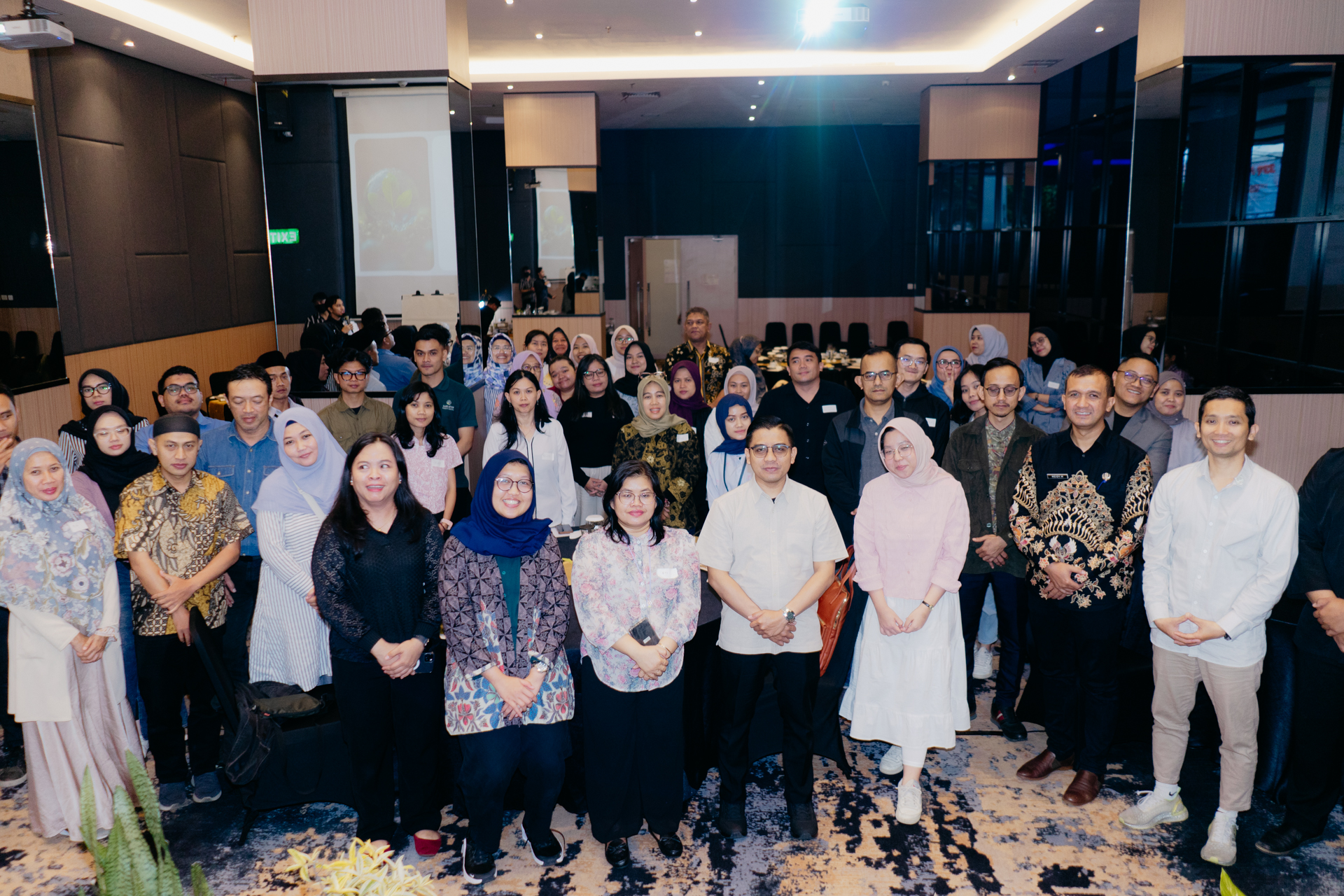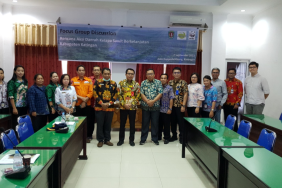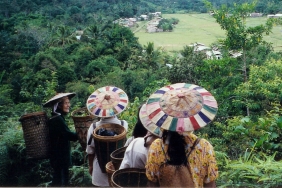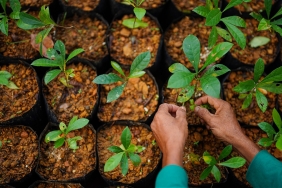SUSTAINABILITY ACTION PLAN WORKSHOP: ENCOURAGING THE SPIRIT AND IMPLEMENTATION OF SUSTAINABILITY FOR DOWNSTREAM INDUSTRY PARTNERS IN WEST JAVA
In an effort to strengthen the commitment to sustainable consumption and production for downstream industry partners using palm oil, coffee, cocoa, and timber commodities, WWF-Indonesia organized a Sustainability Action Plan Workshop for 42 Bandung downstream industry partners held at the Mercure Bandung City Center Hotel. This activity became a cross-sector strategic discussion forum involving government representatives, WWF-Indonesia, and industry players to develop concrete action plans to answer the challenges of using sustainable raw materials in the downstream industry sector, especially for sustainable palm oil commodities.
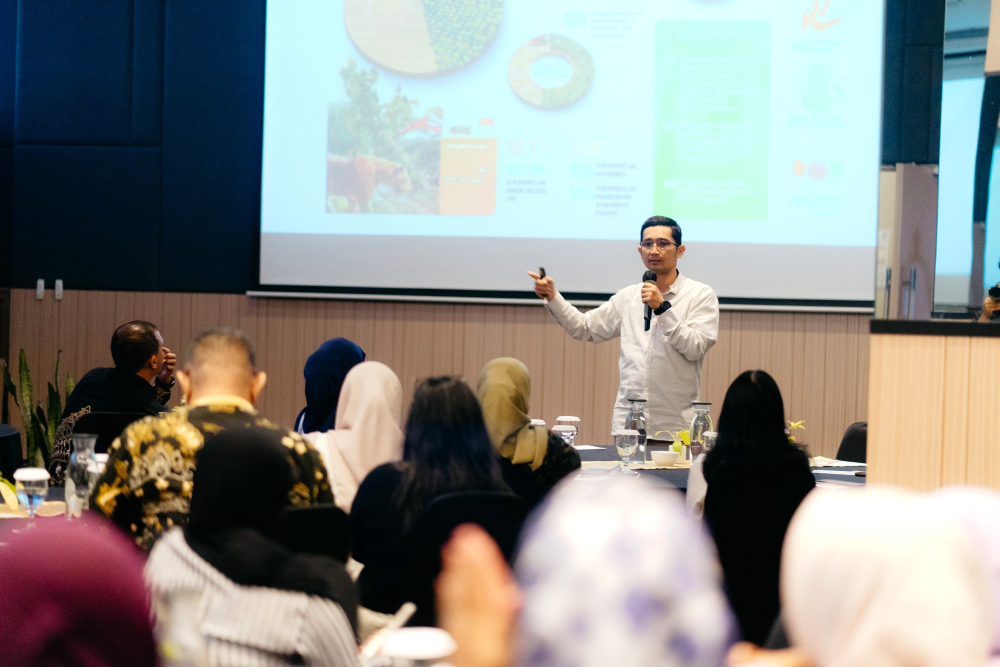
The event was opened with a presentation by Angga Prathama Putra, as Sustainable Commodities Lead WWF-Indonesia, who discussed global environmental issues that need to be considered by industry partners. Starting from the problems of environmental crisis, climate crisis, food security, soaring food waste, which results in loss of biodiversity, disruption of wildlife habitat, to agrarian conflicts with indigenous peoples. This reflects the many direct impacts of human actions that disturb the balance of life of various living things and the environment. "Today's environmental problems are not just about forest destruction in the regions. Cities and urban consumers play a key role as both triggers and solutions," he said.
"Simple things like reducing food waste and switching to low-emission transportation such as cycling are forms of impactful consumer intervention," he continued.
The next session was filled by Meidy Mahardani, S.T., M.Sc, as Head of Industrial Infrastructure and Empowerment, Industry and Trade Office of West Java Province. Meidy underlined the importance of transitioning to green industry as a crucial step to reduce carbon emissions. He said that the impact of climate change is increasingly evident and is even happening faster than previous scientific predictions.
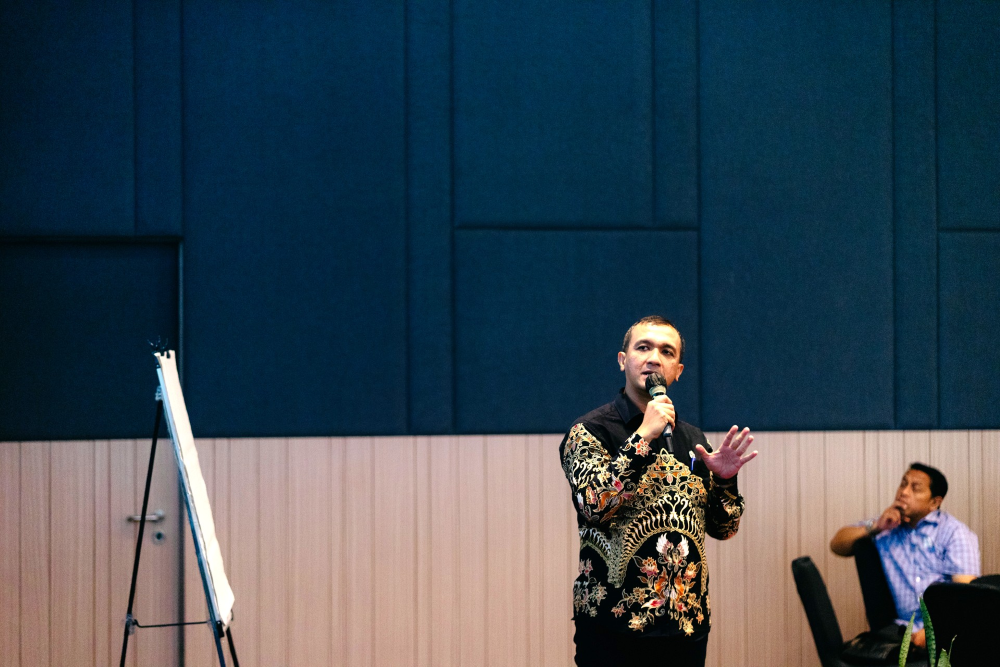
In this context, local governments have begun to encourage green industry initiatives through various approaches such as the implementation of circular economy, remanufacturing, energy and resource efficiency, and the development of environmentally friendly materials and products. However, according to Meidy, the implementation still faces a number of challenges. "Regulations are not yet optimal, coordination between stakeholders is still weak, infrastructure and financing are still limited, which are some of the challenges in implementing the green industry in West Java," he said
Through programs such as IKM Hijau and local industry mentoring, the West Java Provincial Government seeks to create an ecosystem that supports businesses in transitioning to sustainability. This initiative includes selection of actors, green industry profiling, business matching, and incentives based on sustainability achievements such as the Green IKM Award scheduled to start in 2026..
Furthermore, as the core of this workshop activity, WWF-Indonesia invites downstream industry partners to develop a sustainability action plan that covers environmental aspects, governance and community involvement. The main principles in this plan include the use of environmentally certified raw materials, reducing waste and plastic packaging, energy and water efficiency, improving management governance and expanding socialization approaches with surrounding environmental communities.
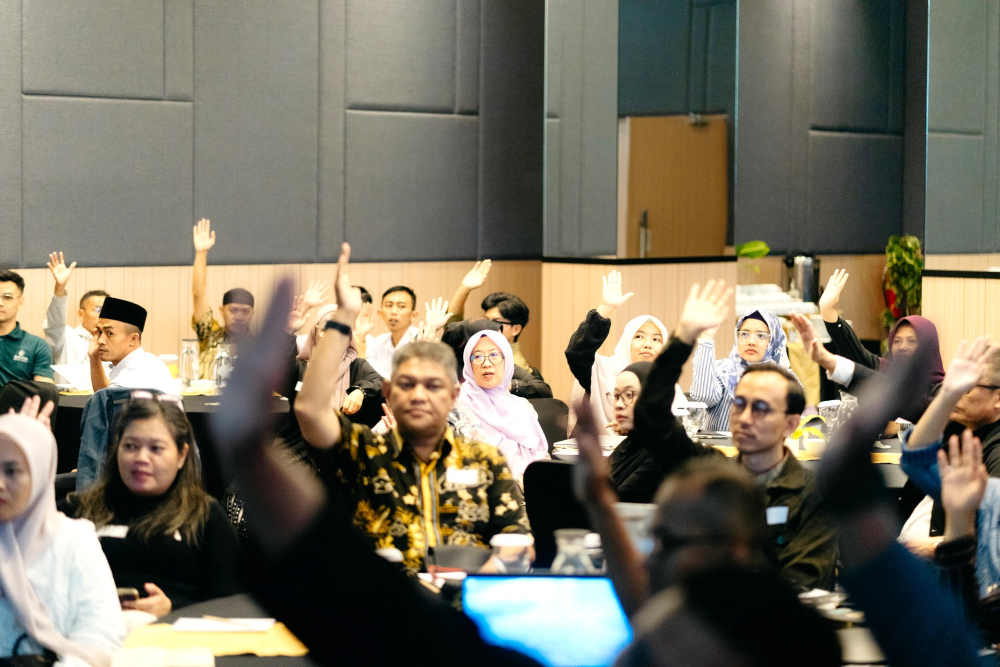
"This transition must be simple and pragmatic, but still long-term oriented," added Angga Prathama in his presentation on the sustainability action plan. In addition to global challenges such as climate change, resource crises, market pressures and increasingly stringent regulations are also pushing the industry to change. Consumers are now more environmentally conscious, while financial institutions are starting to integrate ESG (Environmental, Social, Governance) aspects in the funding process.
One of the participants, Nuraini Wulandari, who focuses on the production of biscuits made from local farmers, is working to obtain ecolabel certified raw material products by 2026. The company has implemented the principles of Sustainable Development Goal No. 12 (Responsible Consumption and Production) and is collaborating with BRIN and universities on research related to product shelf life and local ingredient development.

